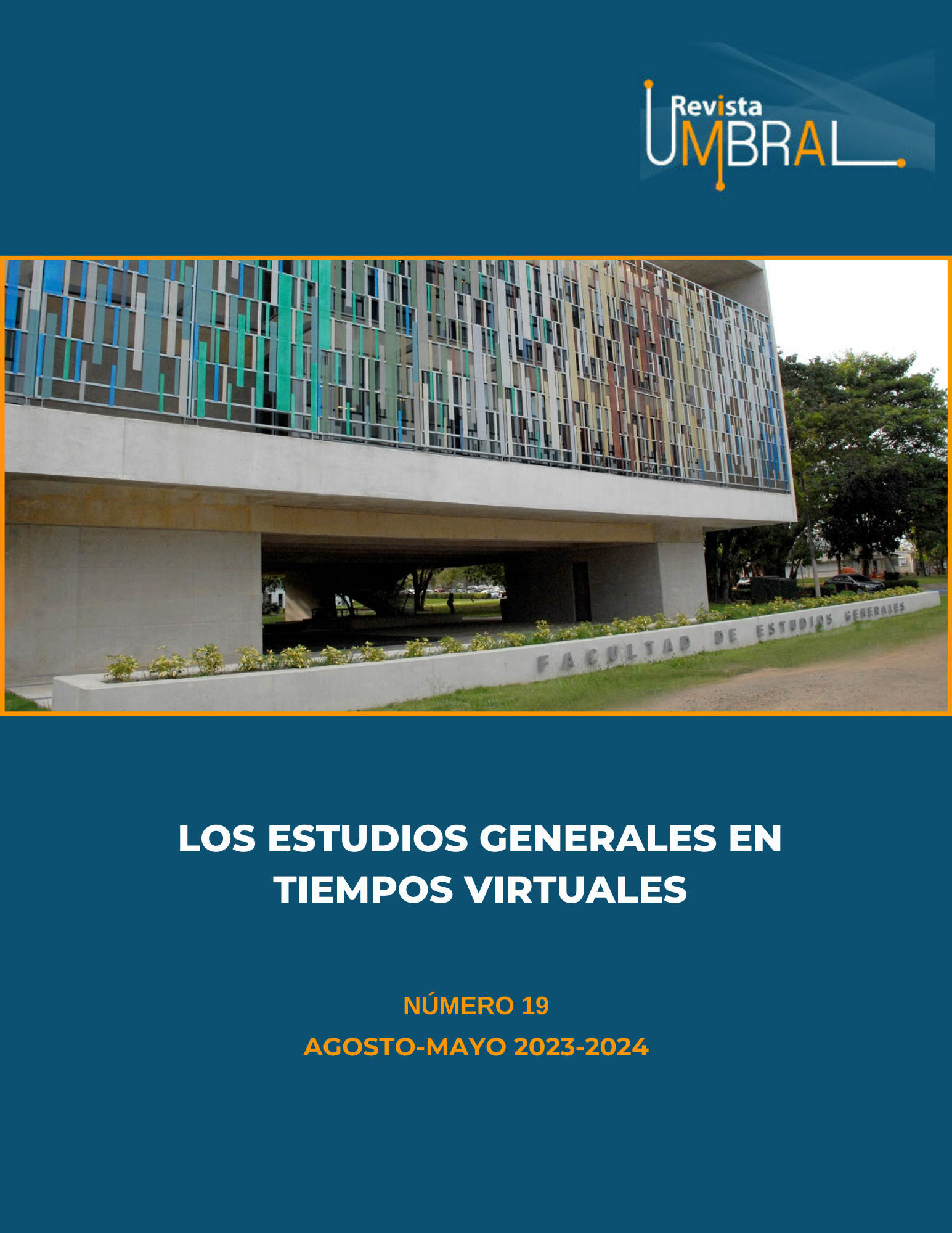Abstract
Climate change impacts on environment promotes challenges that must be addressed from a transdisciplinary approach. Sustainable development includes the conservation of biodiversity through rehabilitation projects and the effective management of natural resources. Under this approach, the course Climate change, and the Caribbean ecological systems (CIBI-3027), integrated undergraduate students in rehabilitation projects conducted by community base organizations in Puerto Rico. By the application of theory and practice our students received the basic training to communicate relevant findings for ecological restoration and conservation efforts in populations of Stahlia monosperma (Cobana Negra) a critical endemic species of Puerto Rico and the Dominican Republic. Our results indicated a humid microclimate for the study areas and differences in terms of soil moisture, being higher in zone 2. The population of Cobana Negra that develops in zone 2 demonstrated a better state of foliar hydration compared to the population that develops in zone 1. Once this experience was developed, the students expressed in 81%, a change in paradigm in terms of the importance of conservation and protection of the environment and showed greater interest in science and its effectiveness to mitigate the impacts of climate change in our communities. The recommendations developed by the students are shared with the community-based organization Corredor del Yaguazo Inc., which develops conservation and rehabilitation projects for critical species.

